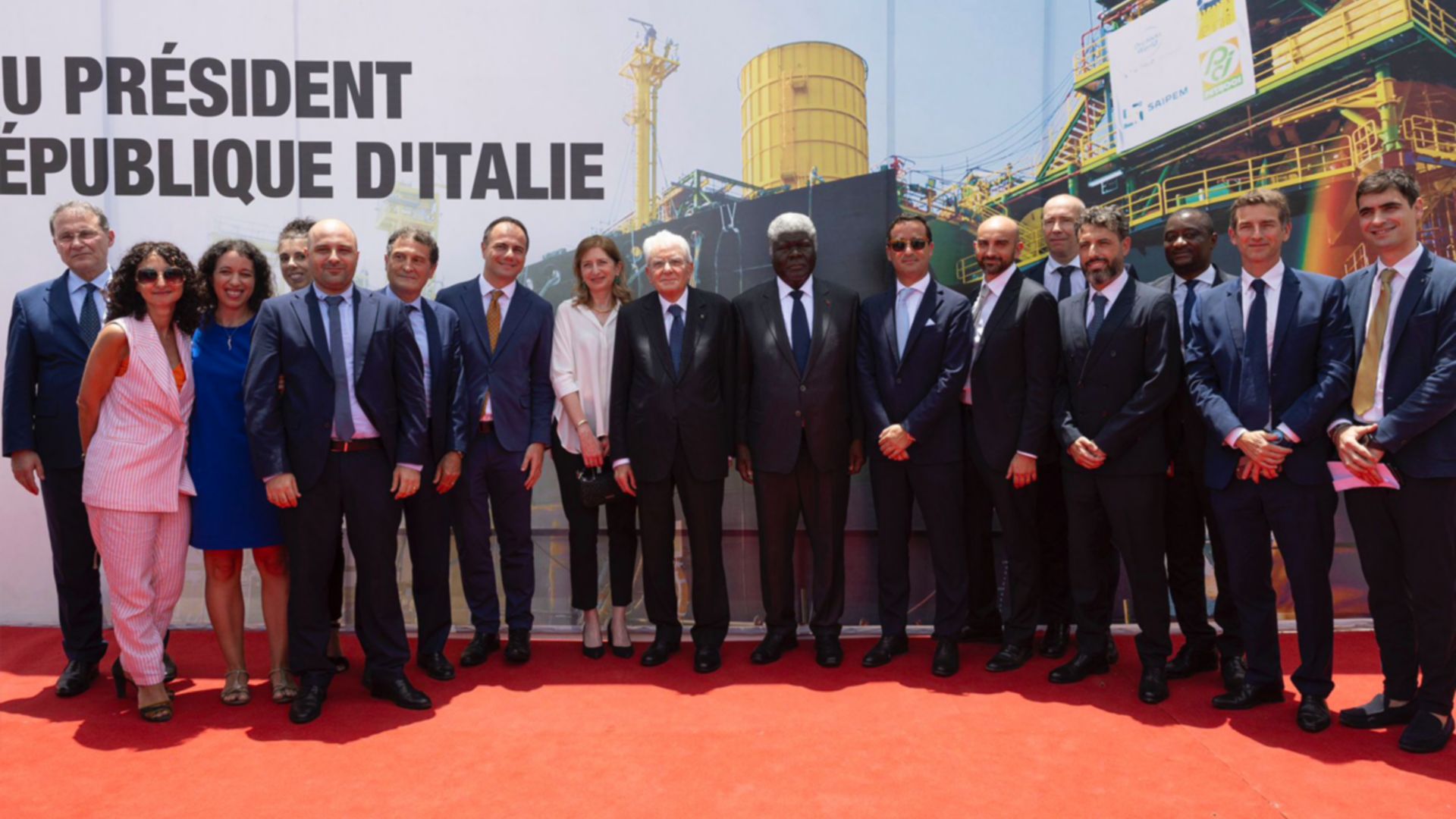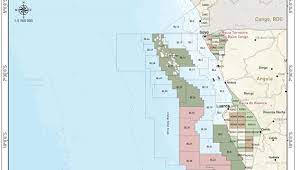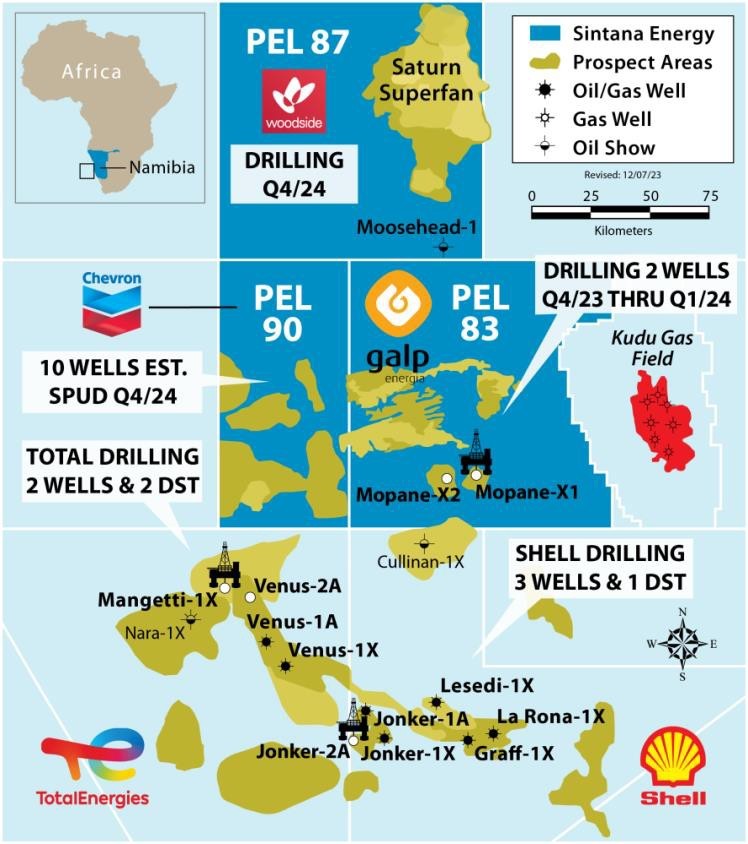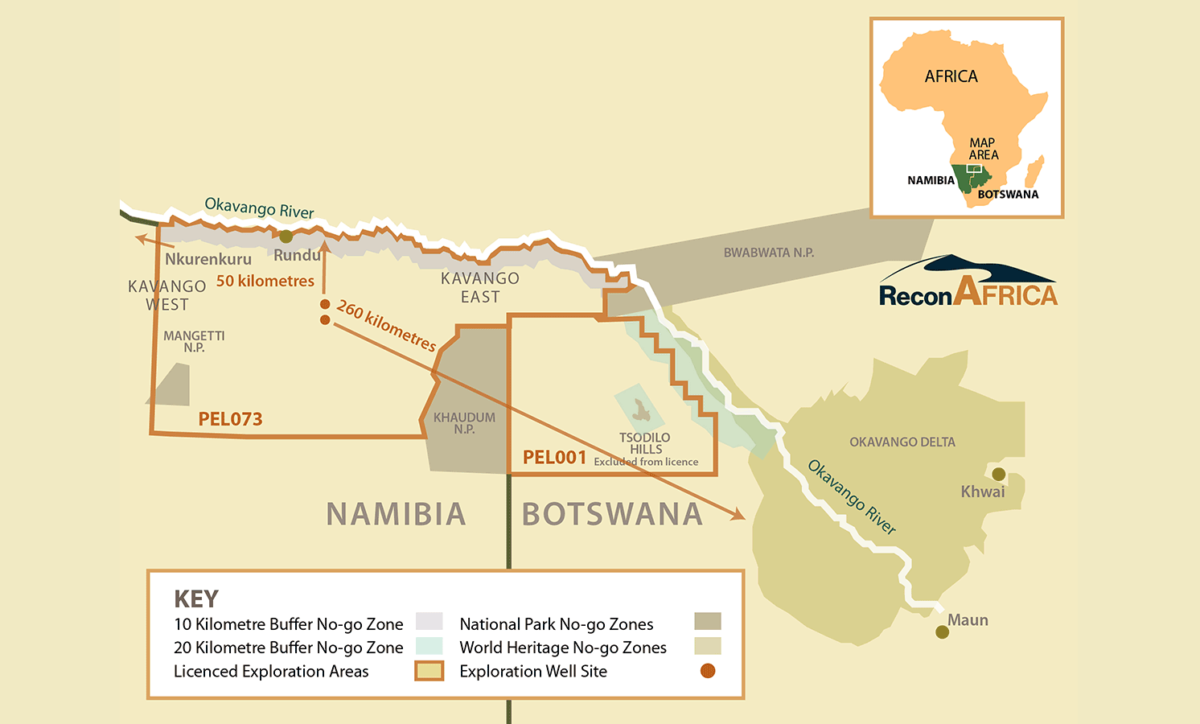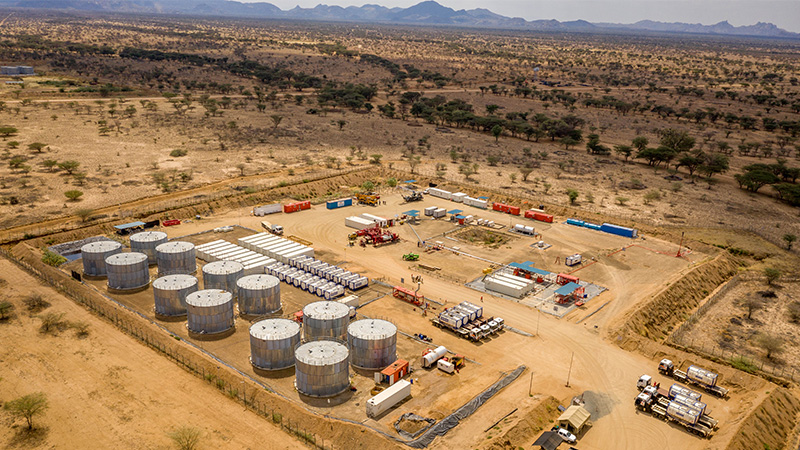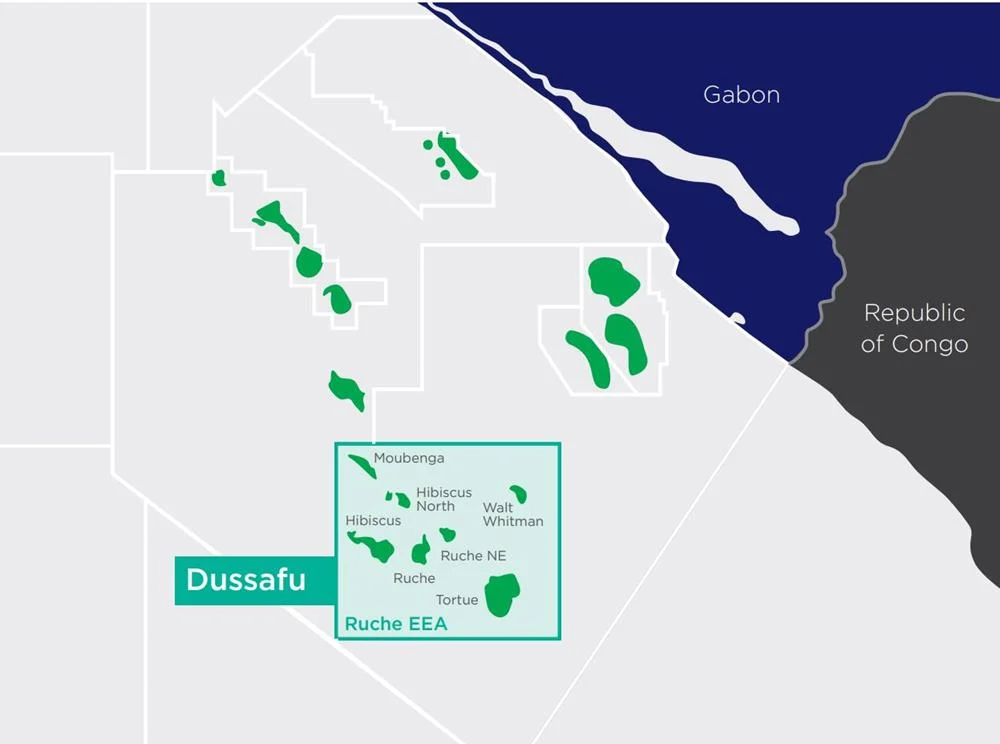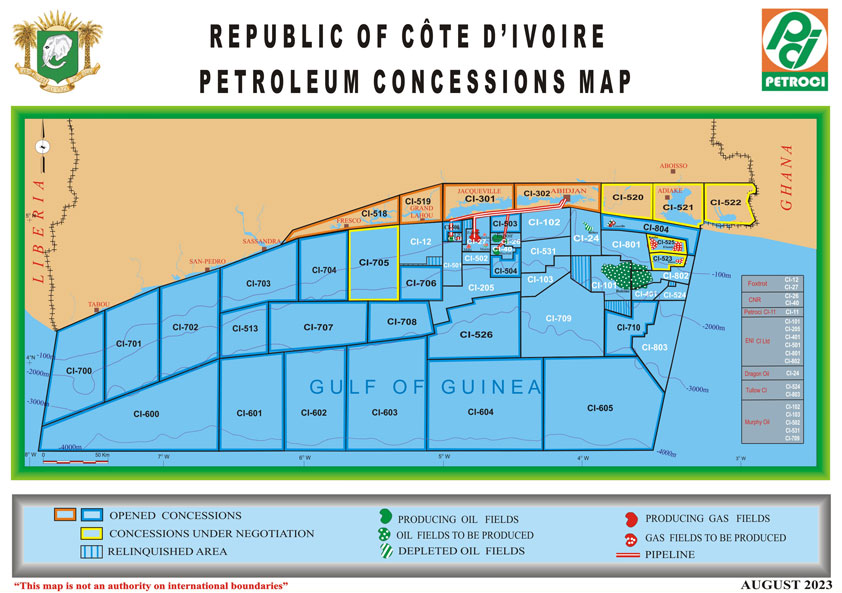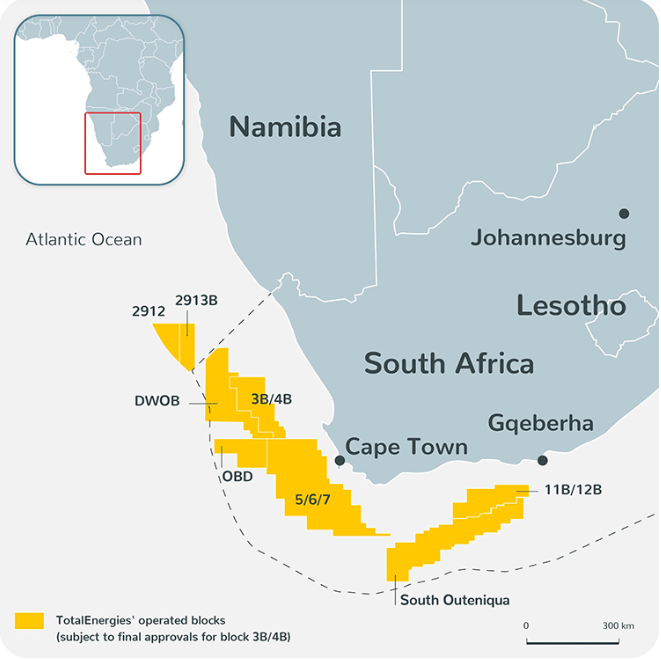EXCLUSIVE: Don’t ignore African lives being devastated by Mozambique LNG
By Ilham Rawoot, Justica Ambiental
Mr NJ Ayuk’s misleading article suggests that ‘self serving’, Western environmentalists are blocking Mozambique from the transformation he claims Mozambique LNG will deliver. In doing so he erases and ignores the many Mozambican and African people and organisations opposing this and other fossil fuel projects across the continent. Ironically, he welcomes with open arms Western companies and governments who stand to benefit from the project, glossing over the dangers and injustices of the project for Mozambican people. All in exchange for pitifully few jobs, a meagre amount of gas and the ravages of climate change. Mozambique LNG will not benefit the people of Africa and we African’s know this.
We, the African people who are fighting Total’s Mozambique LNG project on the ground in Cabo Delgado, would like to make a few points to enlighten Mr Ayuk.
Mr Ayuk’s article ignores and covers up the reality faced by the ‘everyday Africans’ whose lives are being destroyed by the gas industry, a topic on which it appears he considers himself an expert. It is also full of factual errors and fails to mention the many dangers associated with the gas project. We redress this balance below.
We at JA! (Justica Ambiental) have worked closely with Friends of the Earth England, Wales and Northern Ireland on filing their legal case, our work with communities in Cabo Delgado has been central in informing their legal grounds. We support each other in the struggle against gas in Mozambique.
Ignoring African voices
Mr Ayuk holds up Friends of the Earth England, Wales and Northern Ireland’s (FoE EWNI) legal challenge as an example of a non-African organization dismissing African voices and dictating how African countries address risks of climate change.
In doing so Mr Ayuk ignores and insults all the African human rights, climate change and environmental groups and activists that are fighting for a safer Africa. Tell that to the 6 Ugandan NGO’s currently in a legal fight against Total’s East Africa Crude Oil Pipeline, and the Nigerian NGO’s who took Shell to court for the second time in 5 years after oil spills in the Niger Delta. He assumes that only non-African’s work on lobbying against the gas projects and fossil fuels in Mozambique, and so he undermines the work that African organisations have been doing for decades, often putting their lives on the line.
In fact, a large amount of the work done by FoE EWNI has been not only in conjunction with, but in support of the work we do at JA!, an unequivocally African organisation. We do not dispute that there are many, many non-African organisations who commit this folly of which Ayuk speaks, but let him not diminish the agency that many African organisations do have and do use.
Here in Mozambique we do need support from our international partners and allies – the sad reality is that they have more platforms and a larger audience than us, their options for legal recourse and for speaking out against a destructive and brutal industry are greater and safer than ours. Resistance, activism and dissent in Mozambique against the State and its interests are suppressed. Even journalists cannot speak out. Ibrahimo Abu Mbaruco, a journalist working in Cabo Delgado, disappeared in April after writing a message to a colleague which said that the military was approaching him. He has not been seen since.
We do not have to apologise or defend our African-ness for accepting international allies’ support.
Embracing western companies and governments
The great irony here is that Mr Ayuk dismisses African voices while welcoming with open arms non-African organizations – the companies and governments who come to Mozambique to reap the benefits of the gas projects with little concern for the consequences to the country.
Ayuk speaks so passionately about Africans making their own decisions, but then hand’s our power to European, Asian and US companies and governments. The companies that have won the biggest contracts aren’t Mozambican or even African. Instead, they are Portuguese (for example Mota-Engil building a jetty and construction company), British (G4S which won the largest security contract), Dutch (Dutch Mammoet for heavy lifting) or Norwegian (Norsafe for lifesaving equipment). Ayuk proudly congratulates government partnerships with international giants such as Britain’s Wood Mackenzie, Switzerland’s Vitol and the Norwegian Crown Prince, and praises the involvement of the UK government.
The list of Western companies and governments making a profit from Mozambique LNG goes on.
Very few jobs for Mozambicians
Mr Ayuk falsely claims Mozambique LNG will create tens of the thousands of jobs for people in Mozambique. The reality is that there is no binding agreement between Total and the government to deliver job creation for local people and Mozambican nationals. Not during the construction of the project or when it moves to extraction. The majority of the companies who have won the largest contracts are not Mozambican, they are Western companies which will deliver very few jobs for Mozambicians.
Thus far the only jobs that have been created for the people of Cabo Delgado are as cooks, cleaners and basic construction workers. As an African organisation, JA! has staff on the ground in the gas region and local people have repeatedly complained at the lack of promised jobs.
Mr Ayuk promises a future where ‘locals can train for and take a wide range of positions, including professional and leadership roles’ but there is no evidence for this. The original assessments done by the previous owners Anadarko recognises that local people do not have the skills or experience to qualify for jobs. There has not been enough investment made by either Total, or Anadarko the previous project owners, financiers or the Mozambique government in training the local population to change this.
Experience from other gas projects back this up. Sasol’s Pande and Temane projects in Inhambane are a good example of how little people actually benefit. Sasol has been operating these projects since 2006, and up until 2018 had only created 300 permanent jobs.
A bad investment
Mr Ayuk’s article claims the revenue from Mozambique LNG will be transformational for Mozambique, that it will ‘grow and diversify the economy’. But the government hasn’t developed a binding or detailed pathway for how it will spend the revenue. Well, not beyond the promise to to use the gas revenues to repay misappropriated debt from the recent Credit Suisse scandal.
This assumes that the government won’t run a loss after all the expenses they will incur in hosting the gas projects. On top of the costs, revenues will not be as high as expected – the government has handed Total a deal which reduced the tax they have to pay from 32% to just 24% for 8 years.
Globally gas is not a good investment. Even before the covid pandemic, the gas market was falling. By April 11 similar projects had been shelved by sensible investors.
In the future, as countries and companies rapidly move away from fossil fuels to meet their climate commitments, gas is going to fall further. There won’t be much money in gas once no one is buying it. Where countries in the global north are quick to adopt the rhetoric of Just Transition domestically, their ongoing fossil investments in our parts of the world put us on a disastrous economic and climate path they are trying to get off from themselves.
Let’s look at an African example – the current drop in oil prices has pushed Nigeria’s oil and gas-dependant economy towards its worst recession in 4 decades. That provides a warning for Mozambique – diversifying the economy into gas doesn’t grow it, it wrecks it.
No improvements to energy access
Mr Ayuk claims in his article that the Mozambique LNG project will help improve energy access in Mozambique. But there is stunningly little evidence for this.
Mozambique has been an energy producer and exporter for many years, but still only 30% of the population has electricity access and the country remains the 60th most unequal country in the world. Only 12% of the gas extracted will remain in the country. The vast majority of the gas will be shipped around the world.
Yes we need investment in health care, energy access and education – but history shows that when a country hosts an extractive industry, it ends up shelling out way more than it had initially planned. This is money that should be going to energy access, medical care and education.
Legal case for people and planet
It appears Mr Ayuk hasn’t researched the grounds for the case that FoE EWNI are bringing against the UK government. While climate change is certainly important in their case, so are the social problems and human rights abuses associated with the project.
The legal case is partially based on testimonies from affected Mozambicans – including the gas project’s impacts, the homes that Total has taken from 556 families, the disproportionately small pieces of land they have been given in compensation for those Total has grabbed, and the fishermen who have lost all access to sea.
Climate change is a global phenomenon and is behind disasters like Cyclone Idai and Cyclone Kenneth, which killed over 600 people and left 2.5 million people in need of humanitarian assistance in Mozambique, Zimbabwe and Malawi.
Mr Ayuk seems happy to pretend this challenge is about a distant problem for future generations to deal with. We are not – this case tackles devastating problems African’s are facing today.
Some of the other things Mr Ayuk failed to mention
Ayuk paints a fine illusion of the supposed benefits of the Mozambique LNG project. But glosses over the many dangers and devastating consequences that the project will and has already brought with it.
Covid epicentre – Mr Ayuk failed to mention that the gas projects in Cabo Delgado we’re the epicentre for Covid in Mozambique. A Total employee who had entered the country brought the virus to the province. Even when the virus had been confirmed, Total still brought in cooks, cleaners and construction workers from Palma, who were then traveling from the park back to the villages on a daily basis.
Real climate impacts – Ayuk condemns putting ‘environmental ideals’ before the needs of people right now. In doing so he ignores the fact that the destruction of the environment, land and climate change is having devastating consequences for the people of Mozambique everyday. 63% of the Mozambique population lives in rural areas. Protecting the planet means ensuring that they do not lose access to their livelihoods as fishing and farming communities for generations. It means that off-shore exploration does not chase fish away from people who have been relying on fish for food for thousands of years. It means that millions of people do not suffer through an increasing number of natural disasters. These are the pressing needs that are facing people right now.
Forced relocations and land grabs – 556 families, living on the area required by Anadarko to construct its onshore support facilities, are already being removed, and placed in relocation villages, which are far from their farming land and fishing grounds. This means the livelihoods they are completely dependent on are lost. Villager’s land has also been taken to create infrastructure for companies supporting the gas project, for example roads and sand extraction for construction. Subsistence farmers have been banned from farming their land.
Insurgency, securitisation and militarisation – Over the last year, attacks on villages in the gas region have increased. Since they began in 2017, over 600 people have been killed and over 210,000 people displaced. As gas extraction has become the overriding priority for the government and corporations in the area, local injustices have got worse – including poverty and unemployment as recognised by President Filipe Nyusi – human rights abuses and political repression has increased and regional instability escalates.These attacks have led to the area becoming highly militarised and securitised.
Environmental damage – The LNG industry will endanger rare plants and animals and the pristine coral reefs, mangroves, and seagrass beds of the Quirimbas Archipelago, a UNESCO Biosphere. Dredging, waste disposal, construction and production will devastate ecosystems of endangered plant and animal species.
We resist the gas industry as Africans and as a Mozambican organisation that works in and very closely with communities affected by the gas industry.
We know what we want, we can make our own decisions and we will fight for our survival.

